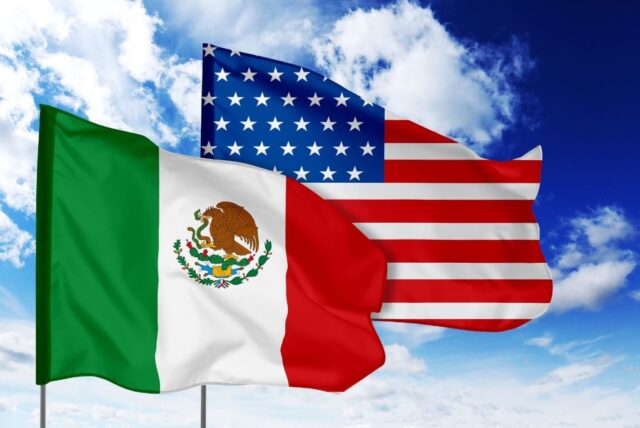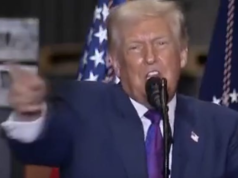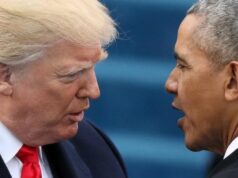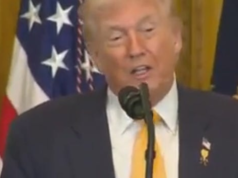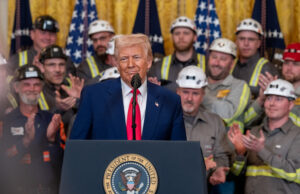Although the Cold War ended decades ago, there are power blocks and alliances that persist. At least that is what Mexico’s economic secretary, Marcelo Ebrard, has called into question. In the event of a trade confrontation with China, Mexico would side with its neighbor and largest importer: the United States.
“There is a dispute between China and the United States, now much stronger than there was a few years ago,” said Ebrard at a business forum. “And we already have a design for the route we are going to follow.”
“What would be the main design, the main idea?” asked Ebrard. “To mobilize all legitimate interests in favor of strengthening the North American region.”
And although both governments are supposedly leftist, Mexico and China are competitors at a commercial level. The most sought-after market is the US. Ebrard highlighted how, in 2023, for the first time in decades, Mexico displaced China as the main exporter of products to the US.
From his own social networks, Ebrard announced it as a “wind in Mexico’s favor.” This optimistic image that he draws goes hand in hand with the beginning of a new administration and with it propaganda in favor.
Since the ruling party in Mexico was reelected, the fear that Mexico could become like Venezuela has grown with it. So showing itself in a more free-market perspective is beneficial for the executive and gives peace of mind to its neighbors.
China has not yet surpassed the US as Mexico’s largest supplier. The northern neighbor is still in first place, then China and in third place Germany. According to BBVA figures, in 2023, the US share was 42.7% in 2023. Then China with 19.1% and Germany with 3.5%.
At the same summit, Ebrard spoke of the importance of nearshoring.
«The second very important mission we have is to accelerate, to take advantage of 100% of the opportunities of nearshoring,» added Ebrard.
According to Thomson Reuters, nearshoring is the solution for foreign trade. It defines it as the outsourcing strategy by which a company transfers part of its production to third parties that, despite being located in other countries, are located in nearby destinations and with a similar time zone.
It is the opposite of offshoring, this strategy is the one in which production is relocated to a more distant country. An iconic example of this is the use of Indian operators for customer service in English.
For reasons of cost, time and efficiency, the geographic and cultural proximity between the US and Mexico has more benefits than moving to China. Geopolitically, it also has advantages in reducing the power of the Asian giant, while both the US and Mexico benefit.
Mamela Fiallo Flor es profesora de lengua e historia, columnista y conferencista. Plasma su amor por la libertad y pasión por la verdad en cada nota.
Mamela Fiallo Flor is a language and history teacher, columnist, and speaker. She conveys her love for freedom and passion for truth in every piece she writes.

